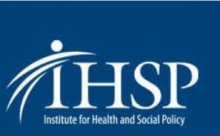Large international study will help select and categorize patients for better clinical trials
A large multi-centre study of more than 1,200 patients provides important predictors of Parkinson’s disease progression, which will allow better candidate selection for clinical trials and more effective therapy development.














